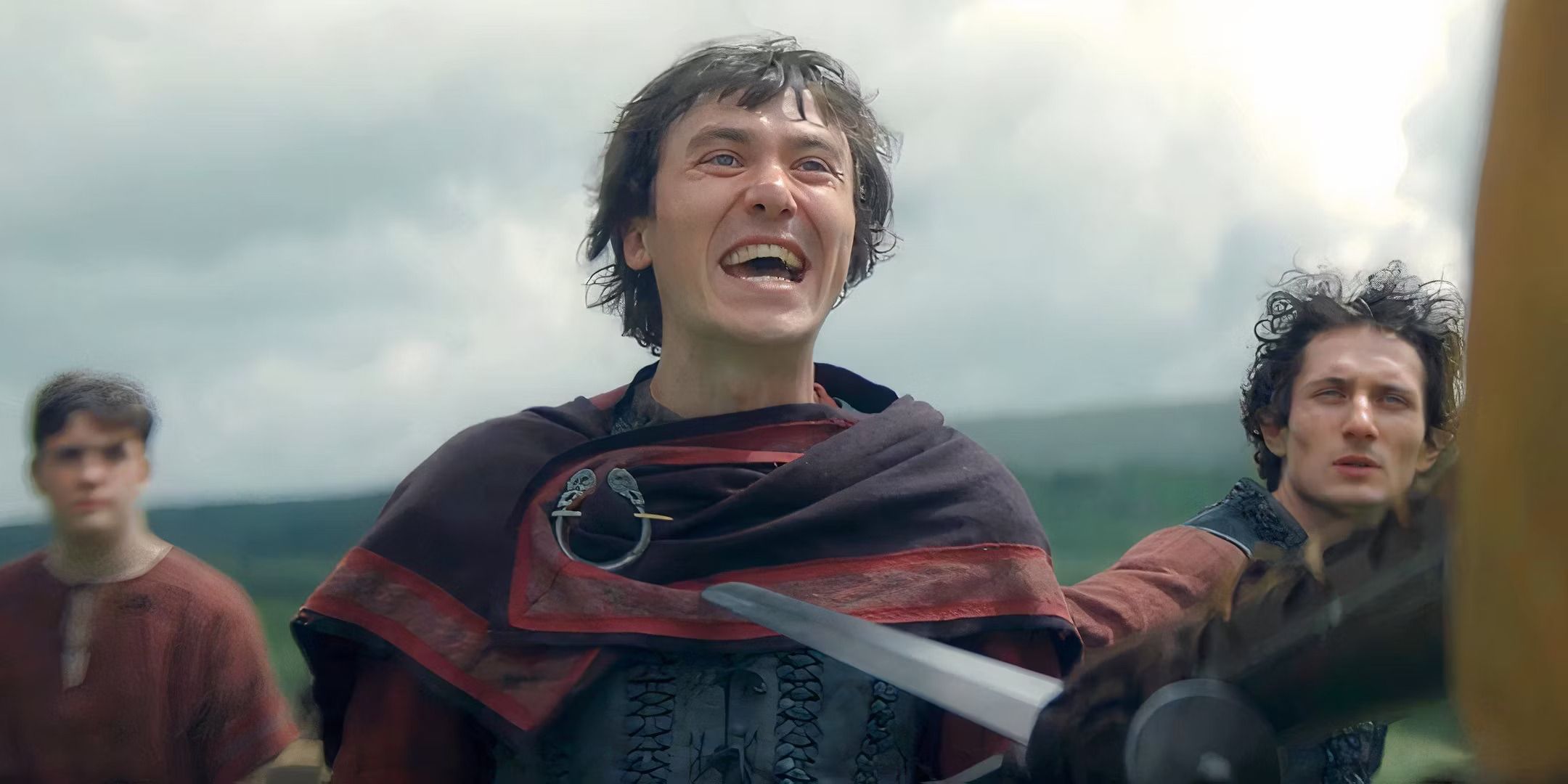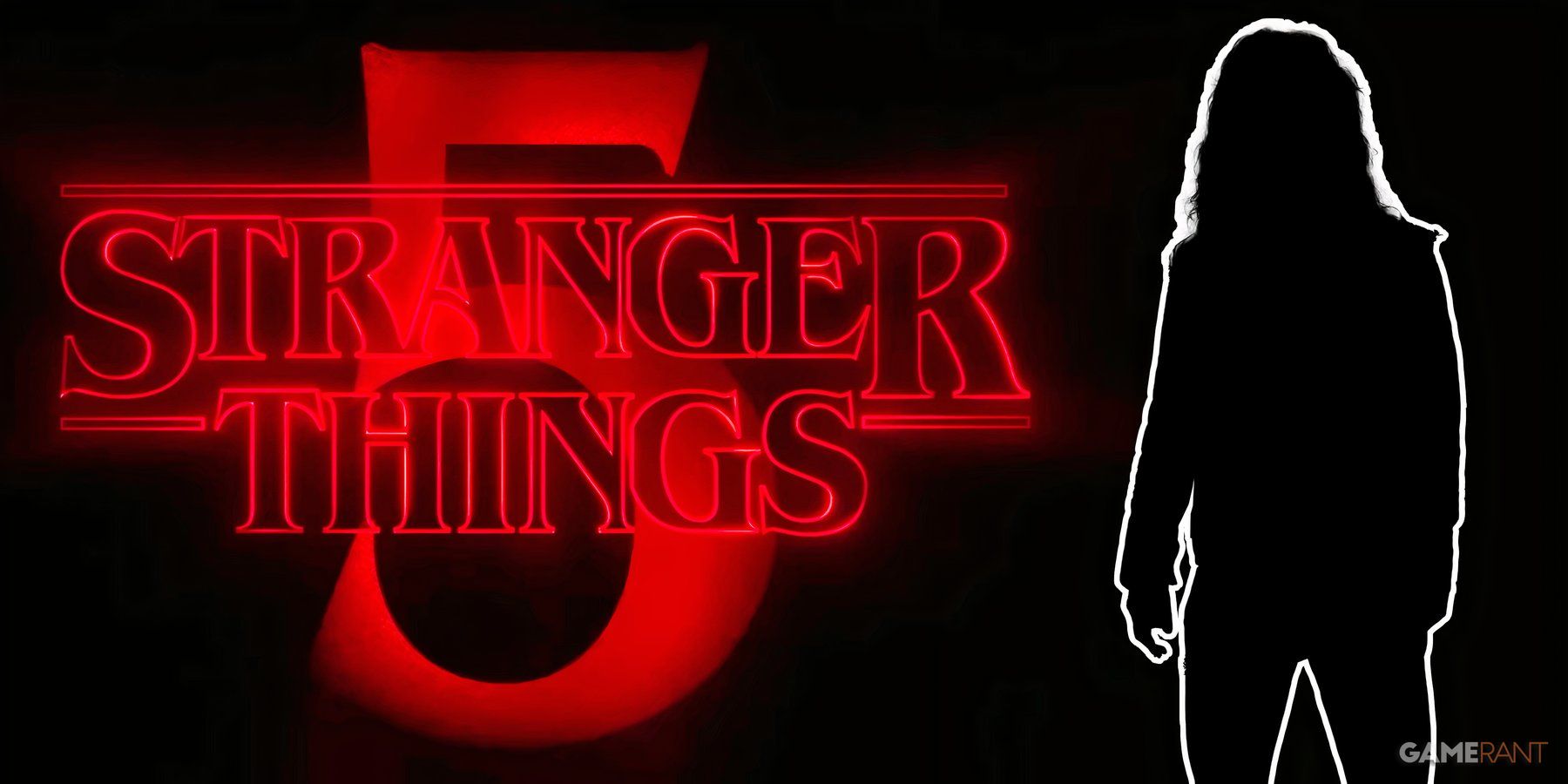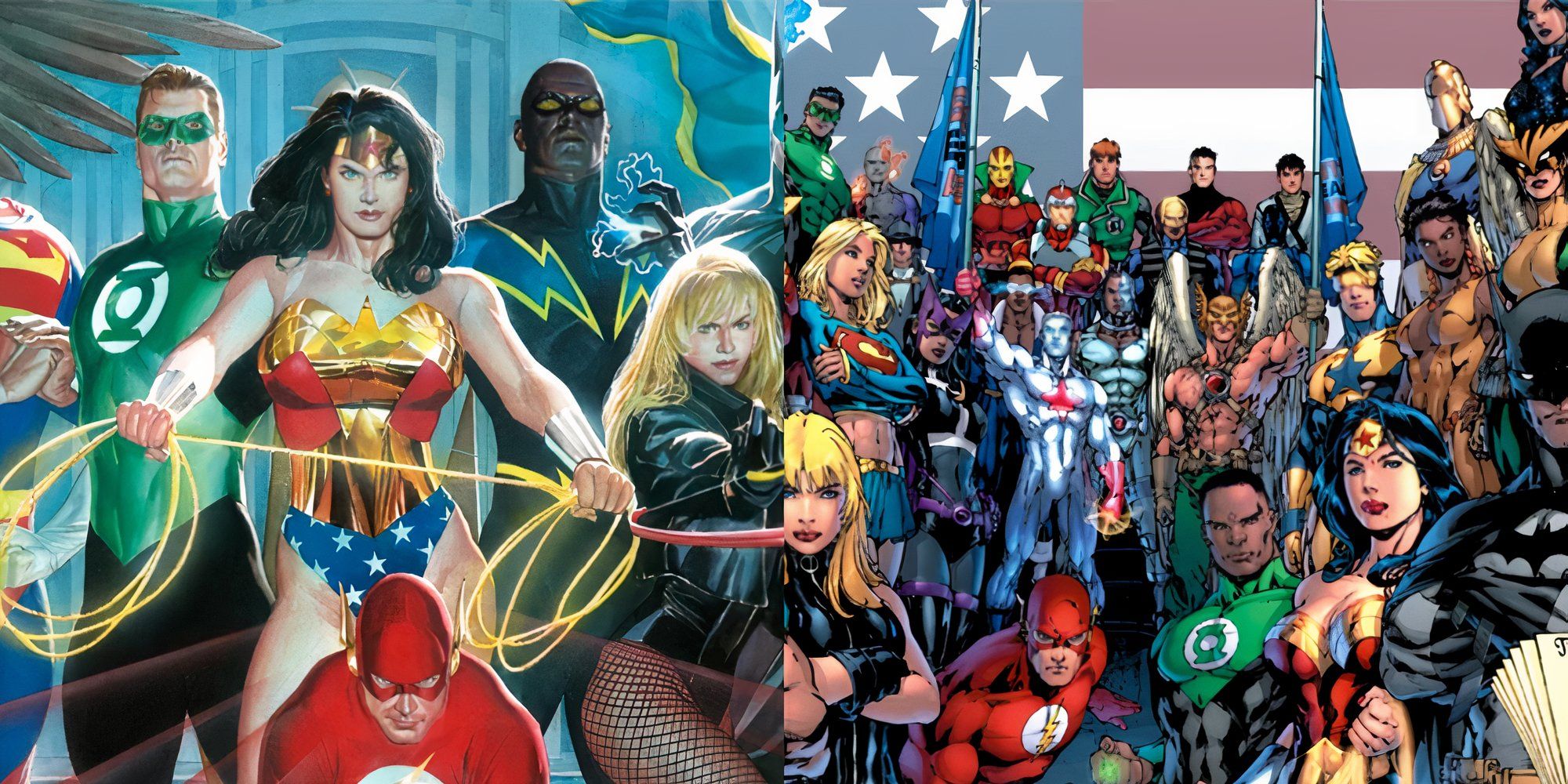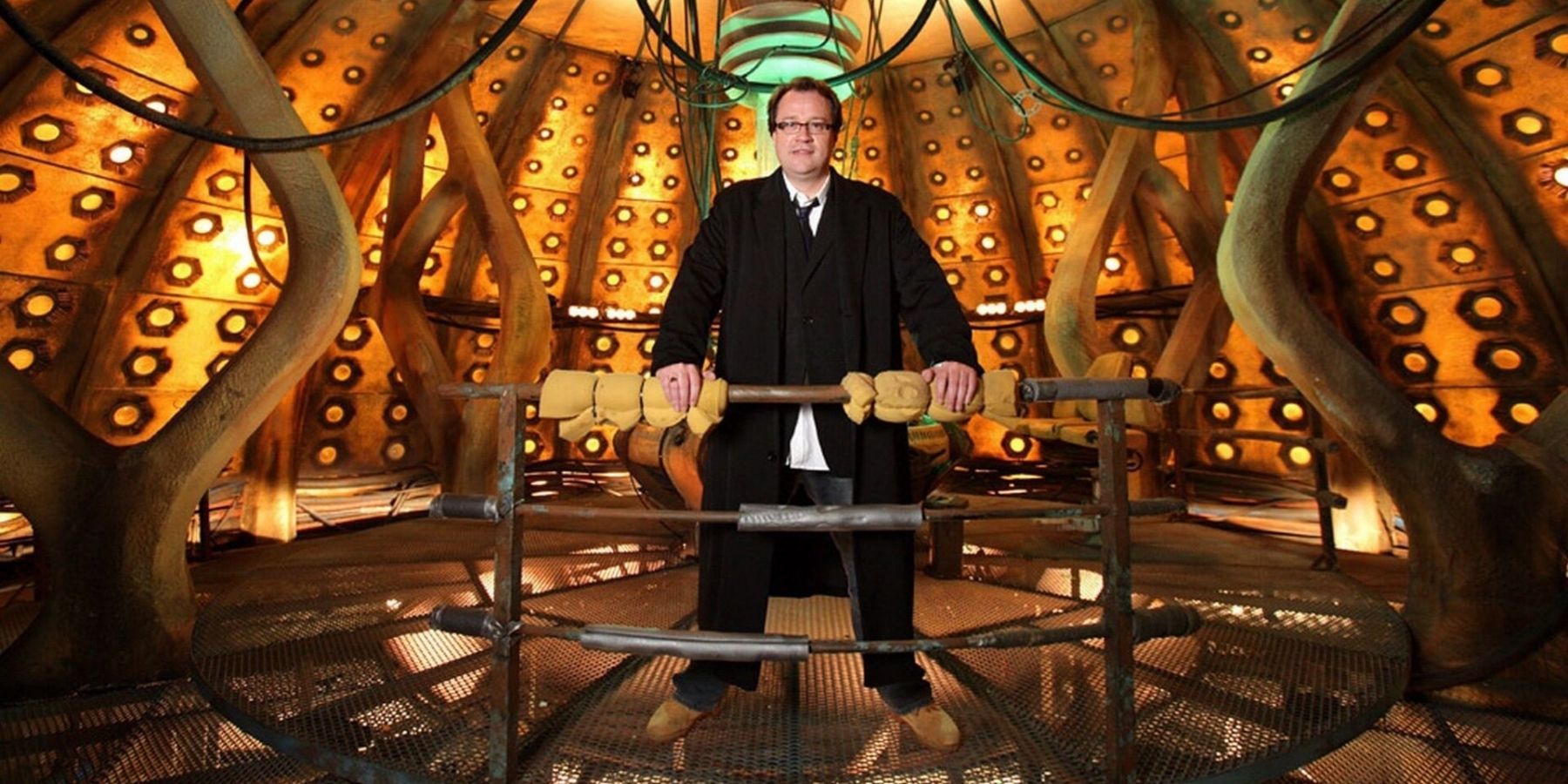Recently BBC has announced something that few of the Doctor Who fans (or ‘Whovians’) expected or even dared to hope for — the return of Russell T Davies as the showrunner. Considering that the era of the current showrunner, Chris Chibnall, is often perceived as controversial, while Davies is responsible for the show’s revival and renewed popularity, many fans wonder: what would seasons 11 and 12, as well as the Doctor him/herself have been if Davies returned in 2018?
In 2005, Davies launched a new era of Doctor Who that originally ran from 1963-1989, introducing fresh stories of the Time Lord traveling in a blue police box across time and space, bringing two memorable Doctors, and making the show more popular than it has ever been before. Chibnall took over the show in 2017/18 (having taken the reins from Steven Moffat), and while many praise his bold choices of introducing the first female Doctor (portrayed by Jodie Whittaker) and social-political focus, others criticize him for the lack of consistent story arc, introducing a group of companions (“fam”) that potentially dilute the Doctor’s performance, and the major re-writing of the canon.
Davies’ and Chibnall’s approach to Doctor Who can’t be more different. Where Chibnall all but ignored the story arc in season 11 and used it to change the show’s history in season 12, Davies used story arcs consistently throughout his run. Chibnall often focused on sociopolitical issues (Rosa Parks, the partition of India, climate change) in an attempt to educate the audience, while Davies remained true to the traditional Doctor Who roots, treating the social issues as the reflection of the society and introducing them as part of a larger sci-fi story. The list goes on. With Russell T Davies’ unexpected return, both Whovians and casual viewers can’t help but wonder: how different would the show have been under his command rather than Chibnall’s, and what would have remained the same?
Would there still have been a female Doctor?
That is possible. Davies doesn’t shy away from what’s often perceived as controversial moves — after all, he introduced Captain Jack Harkness, the first openly non-heterosexual character in the history of Doctor Who, as well as the first ethnic-minority companion (Martha Jones). What’s more, it’s easy to imagine that the role could still have been played by Jodie Whittaker as the recommendation could have come from her Broadchurch co-star David Tennant (the 10th Doctor).
Focus on humans vs. society and the Universe
Both Davies and Chibnall enjoy grand season finales. However, where Chibnall’s last season culminated in a revelation that impacted the Doctor rather than modern-day Earth, Davies’ endings always directly affected humanity, making the show more relatable.
Throughout the seasons, Chibnall also often focused more on society and global issues. At the same time, Davies managed to zoom in on individual humans and their suffering, even in the midst of a massive intergalactic war. If Davies had returned earlier, he’d likely have brought his very human stories with him.
More character development for the Doctor
David Tennant’s Doctor was complex, haunted by his past, debating the topics of mercy and power, and taking responsibility for his actions while making impossible decisions. His character evolved through the series, with Doctor referencing his companion’s direct influence on his growth in the emotional “Journey’s End” episode.
Jodie Whittaker’s Doctor is lighthearted, quirky, and a bit erratic but is said to lack depth. Perhaps, under Davies’ direction, Whittaker could have shown more character development and explored the link to her past selves.
A different take on humor
Humor has been an integral part of both classic and new Doctor Who. Chibnall uses humor sparingly, and the ‘funny’ side of the show is mainly linked to the Doctor’s social awkwardness and the occasional companion remarks.
On the other hand, Davies reveled in the humorous side of the show — from countless cultural references to hilarious companion interactions to the outright ridiculous ‘why not’ scenarios like the Titanic crashing into the Tardis. He didn’t shy away from the social topics either, but he and the cast always managed to find the spark of joy and a place for laughter in the darkest scenes.
Old rivals and new monsters
While Davies is known for his love of classic Doctor Who and its villains like the Daleks, Cybermen, and the Master, he also introduced several new distinct and often terrifying species, including the Ood, the Judoon, Vashta Nerada, the Flood, and the Weeping Angels (created by Moffat), some of which became recurrent on the show.
Chibnall also paid homage to the classic Doctor Who with the appearance of Daleks and Cybermen but chose to introduce only a few new monsters and species, none of which returned so far. If Davies was left to run the show, it’s safe to say fans would have seen more memorable creatures, as well as a potential return of the previous ones.
Stronger companion bond and family ties
Davies’ era is famous for its diverse companions, their relationships with the Doctor that range from friendship to admiration to romance, as well as the impact of their travels on the lives and family they left behind. During his time, the companions’ family members became recurrent characters on the show, and the 10th Doctor’s travels wouldn’t have been the same without Rose’s opinionated mum Jackie or Donna’s sweet grandfather Wilf.
Exploring those personal ties helped Davies make the companions more relatable and human, so saying goodbye to them became much harder. Chibnall has only briefly touched on the family lives of Ryan, Graham, and Yaz, so when the 13th Doctor has parted ways with two of them in the “Revolution of the Daleks,” many fans didn’t find the scene as emotionally intense as the loss of the previous companions.
A catchphrase to remember her by
The 9th Doctor found plenty of things (including himself) “fantastic,” the 10th bravely ran into the worst trouble with a cry “Allons-y!”, and Moffat has continued this catchphrase tradition with the 11th’s “Geronimo!”
While some fans debate whether or not “brilliant” or even “fam” can be considered the 13th Doctor’s catchphrase, it remains unclear. Perhaps, the remaining season and specials of Chibnall’s era will ensure that Whittaker’s Doctor has a phrase the fans can remember her by.











